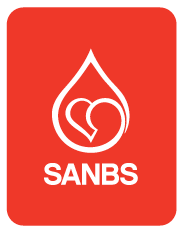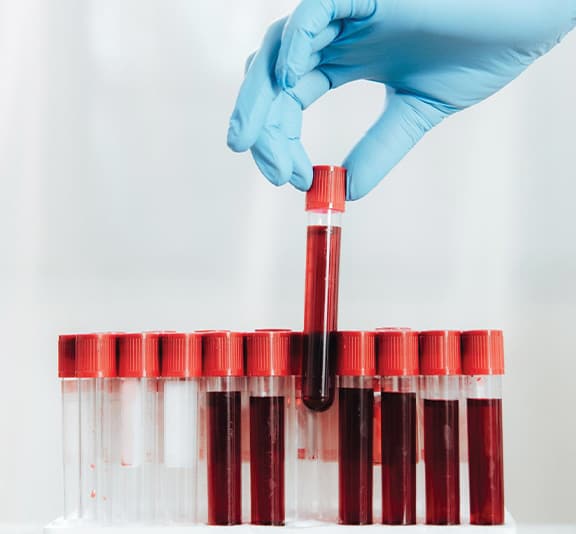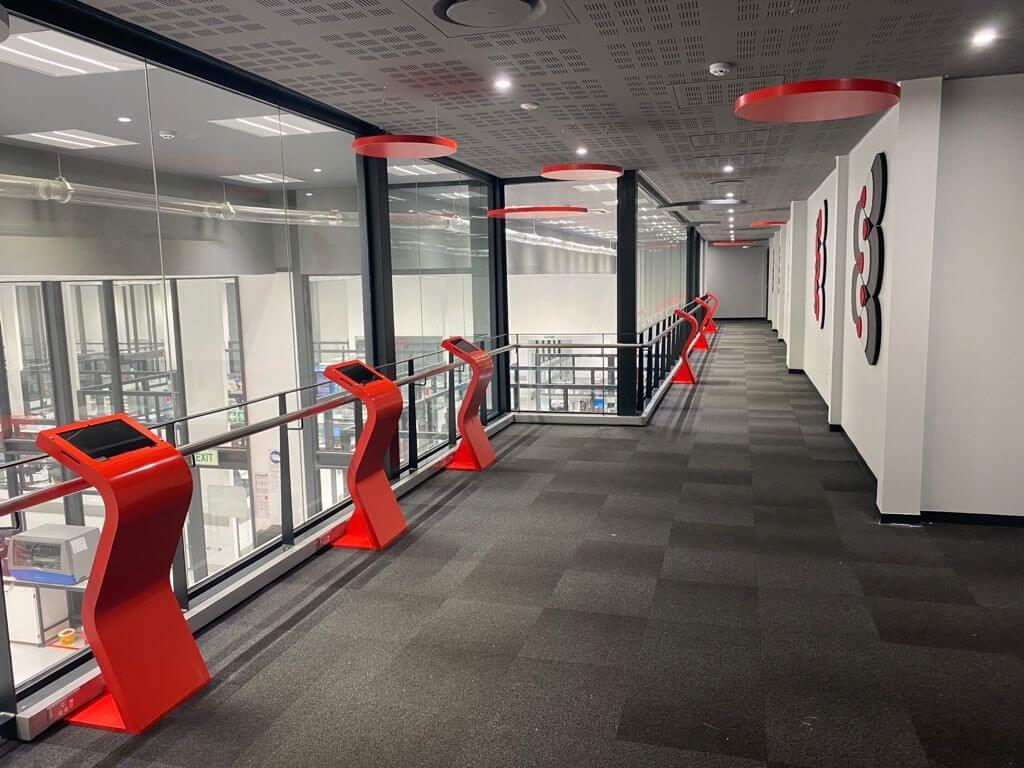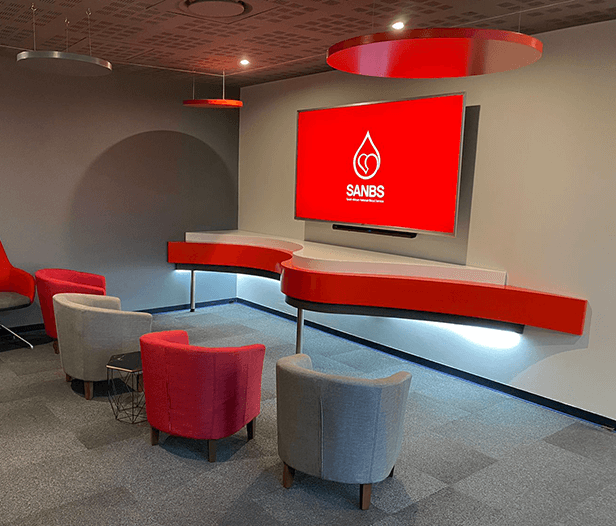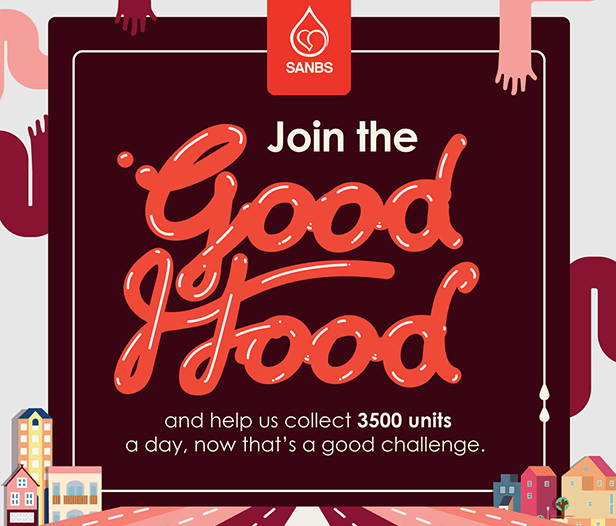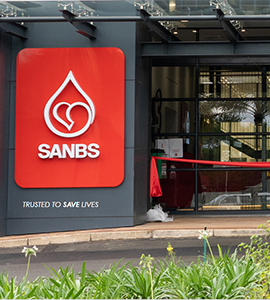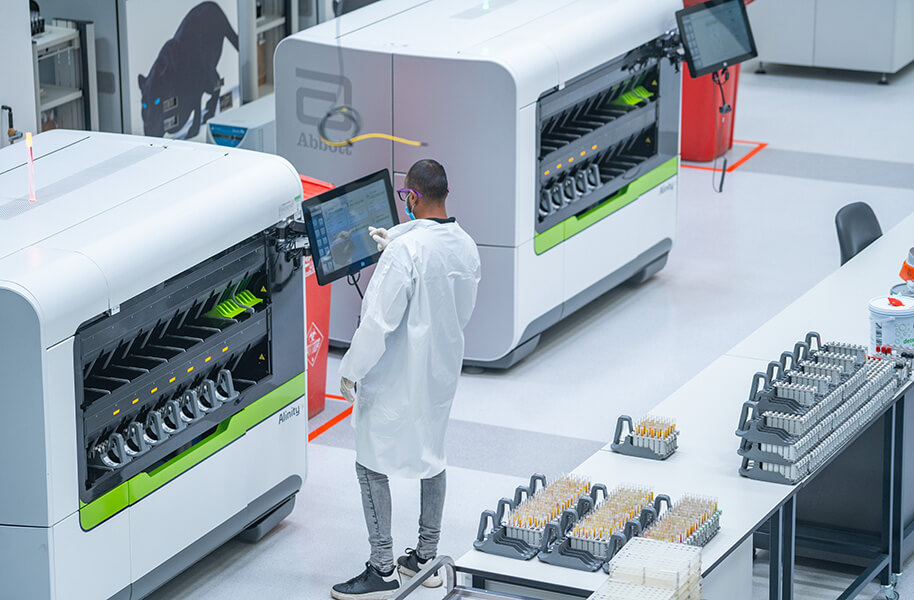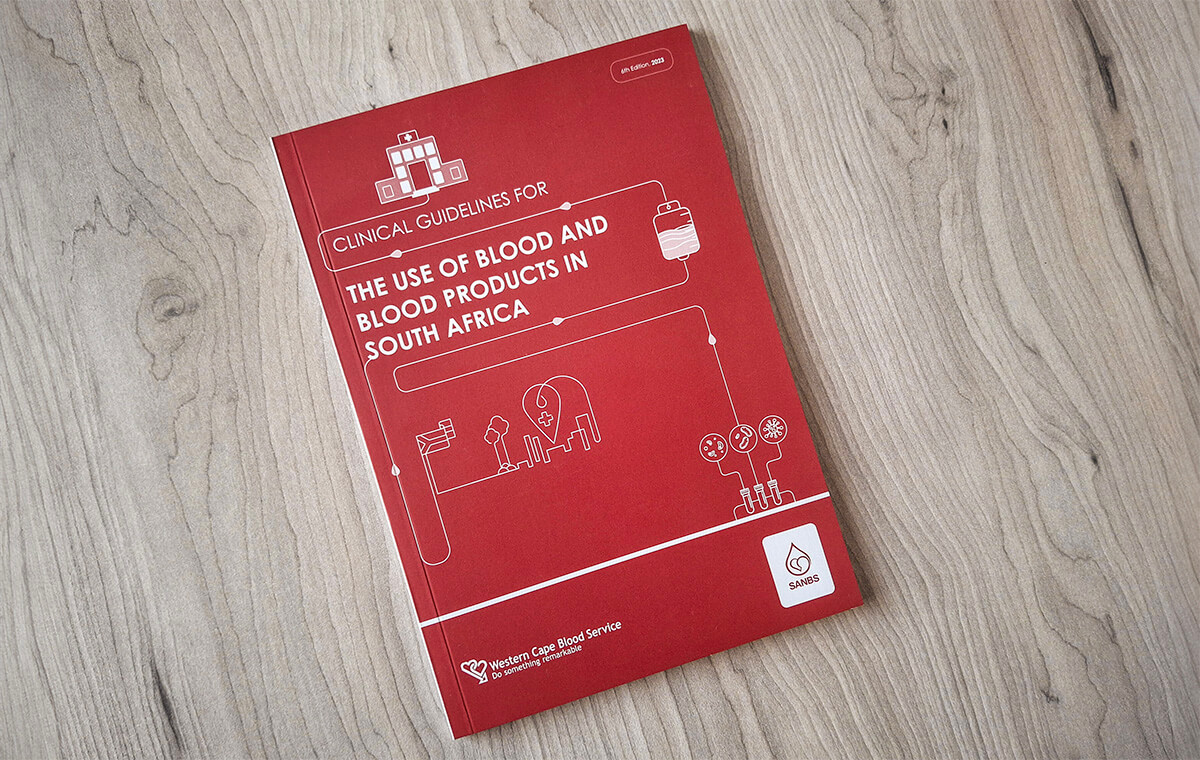Frequently Asked Questions (FAQ)
If you don’t eat before donating, your chances of reacting to donating increase greatly. We advise that you at have a snack within the last 4 hours.
The volume of blood we draw is in direct proportion to body mass. A smaller person has less blood. A donation of 480 ml is a far larger percentage of total blood volume for a small person. This places the donor at significant risk of adverse reactions post-donation.
All blood types are vital to ensure sufficient blood stocks to meet the demand.
Group O Rh-negative blood can be transfused to anyone. These donors are called “Universal Donors” (but these people can only receive group O Rh-negative blood).
Adequate stocks of group O blood are vital.
Voluntary, non-remunerated (unpaid) donors who give blood regularly are the safest. Their primary motivation is to help injured or sick people and they want no reward other than knowing they have helped to save someone’s life.
Since the inception of our new risk model in October 2005, we run Nucleic acid Amplification Technology (NAT) tests on every unit of donated blood.
This is a very sensitive test which detects the presence of the HI-virus (HIV), Hepatitis B, Hepatitis C and syphilis in blood. However, there is still the danger of the window period which no test in the world can detect.
South Africa is the first country to implement NAT testing for individual blood donations at this scale.
No. Every unit of blood collected goes through the same stringent testing. It does not matter if it’s your first donation or if you are a regular donor, every donation of your blood is tested.
Our rigorous blood donation and testing processes imply that the blood we collect from the population is quite safe. However, if you or a family member prefer to receive blood from a specific person you must discuss this option with your doctor, thereafter with our staff who will explain the risks, benefits and process involved.
A similar process would apply as explained above.
Organise a blood drive!
Help SANBS recruit new blood donors by organising a blood drive in your community,
office, school, college, church, or residential complex.
